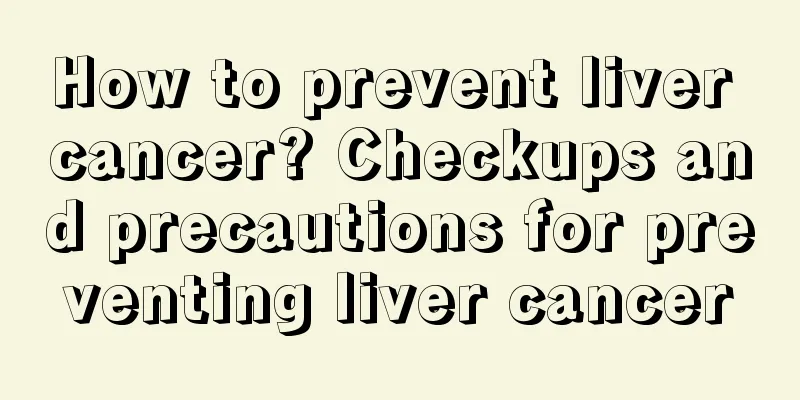Stem cell therapy for breast cancer

|
Stem cell therapy is an emerging treatment for breast cancer that provides patients with a possible treatment breakthrough by repairing tissues, improving the microenvironment, and targeting cancer cells. Compared with traditional treatments, stem cell therapy has shown potential in reducing side effects and improving efficacy, but it is still in the experimental research stage and has not yet been fully popularized. Stem cell therapy for breast cancer mainly includes mesenchymal stem cells, induced pluripotent stem cells and tumor stem cell related technologies. Mesenchymal stem cells have good tissue repair ability and can be injected into the tumor area to regulate the inflammatory response in the microenvironment, thereby controlling the growth of cancer cells; induced pluripotent stem cells provide a new idea for personalized treatment and can generate adaptive immune cells for anti-cancer immunotherapy; and treatment targeting tumor stem cells hopes to prevent recurrence and metastasis by eliminating the root cause of the tumor. However, these technologies are still facing problems such as insufficient stability, controversial safety and unclear treatment mechanisms, and need further verification and improvement. Stem cell therapy for breast cancer mainly includes mesenchymal stem cells, induced pluripotent stem cells and tumor stem cell related technologies. Mesenchymal stem cells have good tissue repair ability and can be injected into the tumor area to regulate the inflammatory response in the microenvironment, thereby controlling the growth of cancer cells; induced pluripotent stem cells provide a new idea for personalized treatment and can generate adaptive immune cells for anti-cancer immunotherapy; and treatment targeting tumor stem cells hopes to prevent recurrence and metastasis by eliminating the root cause of the tumor. However, these technologies are still facing problems such as insufficient stability, controversial safety and unclear treatment mechanisms, and need further verification and improvement. When choosing stem cell therapy, it should be combined with the patient's own condition, disease progression and doctor's advice. Patients need to maintain a scientific and rational attitude and should not blindly believe in unverified promotions. For patients who are receiving other treatments, it is recommended to clarify the compatibility of treatment plans and pay attention to the latest research progress of authoritative medical institutions. At the same time, it is also necessary to cooperate with a healthy lifestyle, such as controlling weight, quitting smoking and limiting alcohol, and eating a balanced diet to improve the overall recovery effect and quality of life. |
<<: Is there a high risk of gastric cancer surgery in an 80-year-old?
>>: Does stage 1 breast cancer affect life expectancy?
Recommend
What short hairstyle is suitable for a big face?
No one wants to have a big face. This is determin...
Treatment of esophageal cancer with TCM differentiation of symptoms
Traditional Chinese medicine is particularly uniq...
Traditional Chinese medicine helps relieve lung cancer symptoms
Mr. Liu was diagnosed with right lung cancer in S...
Overview of Small Cell Lung Cancer
Most people should be unfamiliar with small cell ...
What tests should be done for bile duct cancer
There are many ways to treat diseases. Many peopl...
Does nasopharyngeal carcinoma require targeted therapy?
Does nasopharyngeal carcinoma require targeted th...
Does uterine cancer affect pregnancy in women?
Does female uterine cancer affect pregnancy? Givi...
What are the magical uses of vinegar and egg liquid
I believe many people have heard of vinegar and e...
Monoglyceride
Most people are not familiar with the names of ma...
What is the function of hcg injection
This is something that every woman must go throug...
Can surgery be performed if liver cancer starts to spread? How to treat liver cancer if it starts to spread
Liver cancer is a malignant tumor, which is divid...
What are the symptoms of depression? Do you suffer from insomnia?
Most patients suffering from depression are young...
What causes swollen lips?
There are many reasons for swollen lips, so if yo...
Things to note when exercising for patients with gallbladder cancer
How can exercise prevent gallbladder cancer? As w...
How to prevent nasopharyngeal cancer
In recent years, nasopharyngeal cancer has become...









